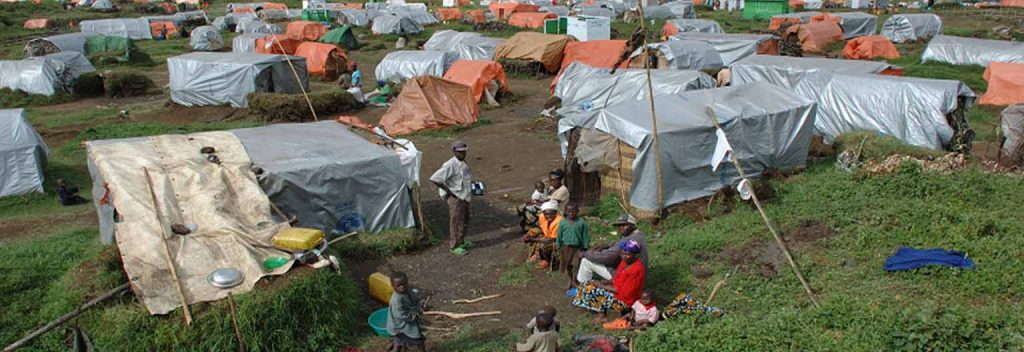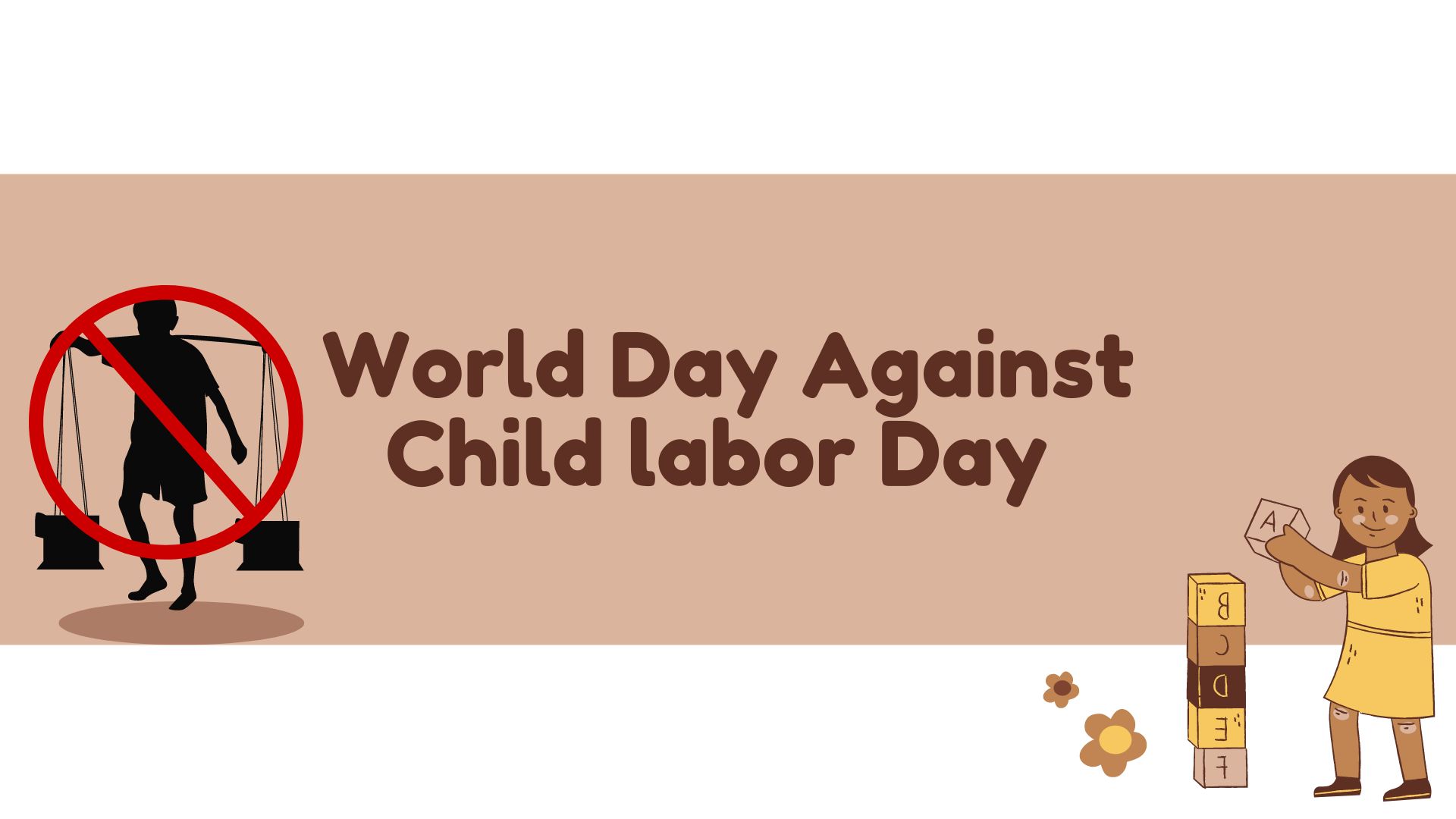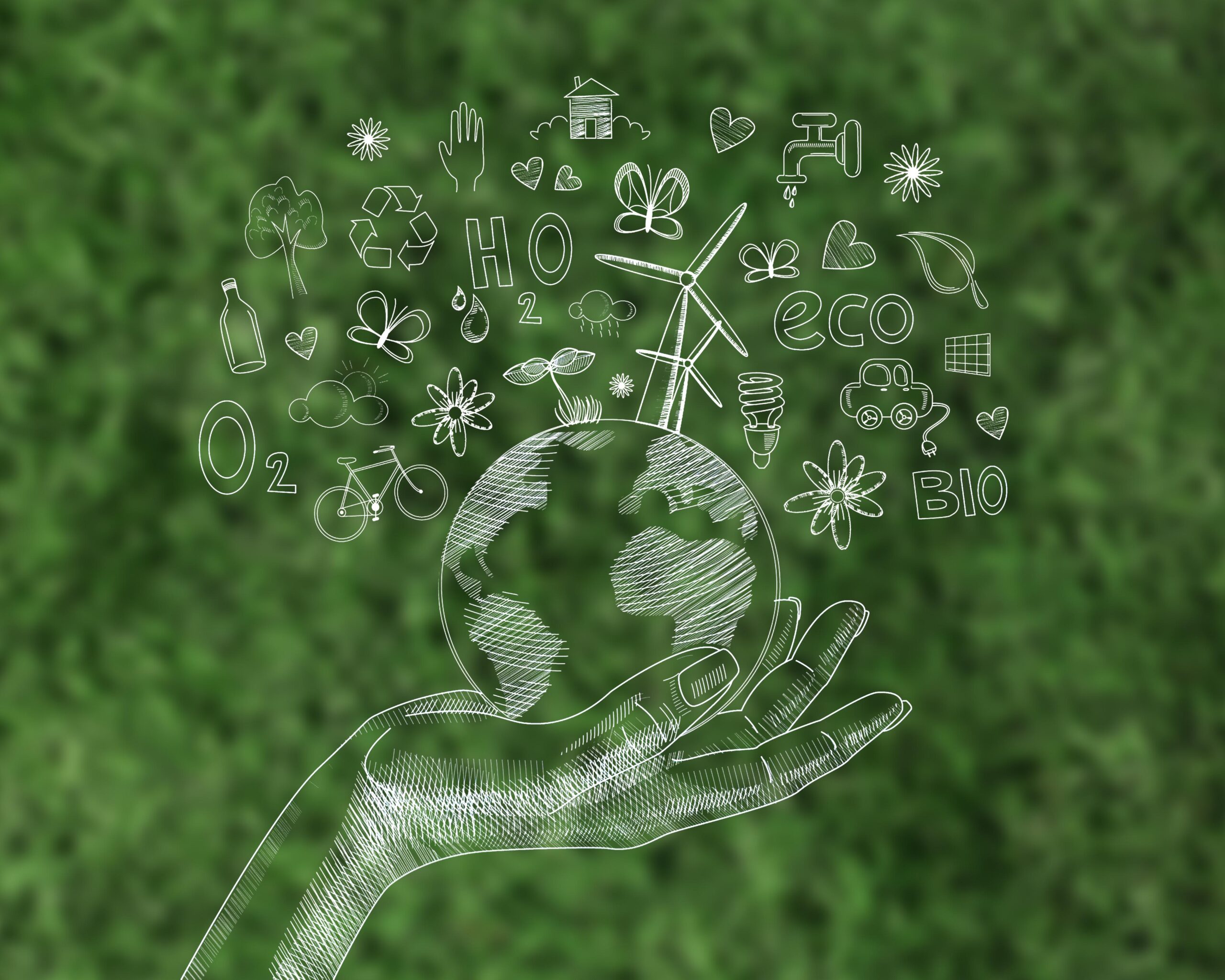For long, the idea that climate change has any direct or indirect impact on human rights seemed unbelievable.
There was very little that was said about the relationship of business and human rights with the environment, much less with respect to climate change. While international agencies and national governments have acknowledged that climate change and responses to it impact human rights, there is little agreement on the corresponding obligations of governments and businesses to address this issue. From the heat waves across Europe, to the Australian bushfires, droughts in India, the burning of the Amazon rainforest, the impacts of climate change have become unavoidable. In accepting the 2018 Nobel Prize for Economics, William Nordhaus described climate change as a “colossus that threatens our world.” Paul Polman, former CEO of Unilever and Co Vice-Chair of the UN Global Compact, highlighted that climate change and inequality were the two biggest challenges of our time. In addition, Michelle Bachelet, the UN High Commissioner for Human Rights, described climate change as the “greatest ever threat to human rights,” and Pope Francis followed suit with countries globally in declaring a global “climate emergency.”
Recently, however, there is growing recognition that human rights and climate change are closely connected. The visible and well-known effects of climate change undermine a range of internationally recognized human rights, including, the right to life, health, food, housing, water and adequate standard of living. While businesses are recognizing the need to adapt their supply chains to the risks of climate change, it is crucial that these adaptation strategies take into account the vulnerable. Any exacerbation of these vulnerabilities will leave businesses exposed to strategic and operational risks. There is growing consensus to integrate climate change issues within policy statements and through joining sustainable development frameworks and international pledges. In addition, the UN Guiding Principles (UNGPs) place a responsibility on businesses to respect human rights.

The UN Special Rapporteur on Human Rights & the Environment identifies the following responsibilities of businesses on climate change1 :
- reduce greenhouse gas emissions from their own activities and their subsidiaries;
- reduce greenhouse gas emissions from their products and services;
- minimise greenhouse gas emissions from their suppliers;
- publicly disclose their emissions, climate vulnerability and the risk of stranded assets;
- ensure that people affected by business related human rights violations have access to effective remedies; and
- support, rather than oppose, public policies intended to effectively address climate change
Businesses around the world are rising to the challenge of building a low-carbon economy. They have made commitments towards the Paris Climate Agreement, and have set science-based targets in line with that agreement. A human rights based approach, the 2030 agenda and its 17 Sustainable Development Goals (SDGs) pave the way forward for responsible business conduct. Protecting the environment and human rights are complementary and means adopting climate change strategies that are mindful of their impact on communities. Businesses need to think creatively about moving towards a low carbon future. Dialogues – between businesses, workers and governments – is critical to ensure the protection of communities and environment. It is now time for businesses to accelerate the momentum to put human rights at the core of their climate action strategies.













































































































